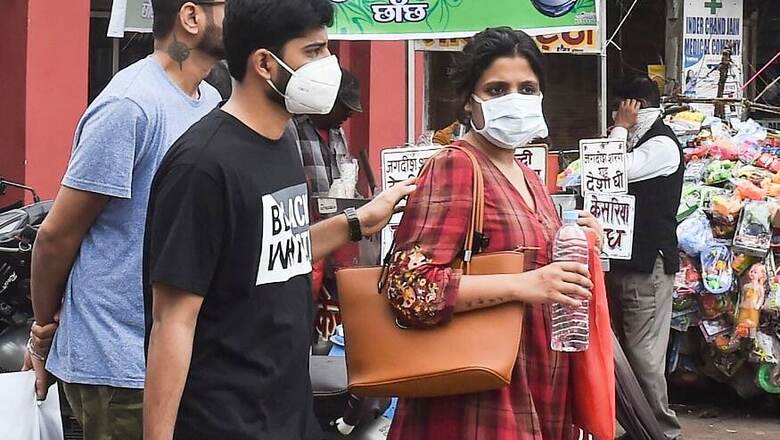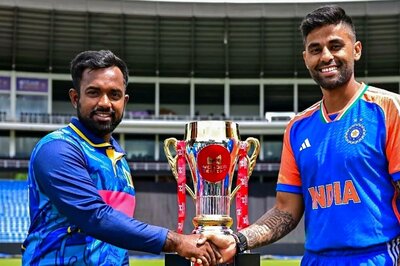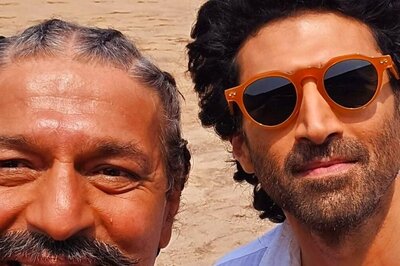
views
New Delhi: The novel coronavirus, a global pandemic declared by the World Health Organization, has infected 1, 69,316 people globally and led to more than 6,500 deaths. As the number of cases rise to 110 in India, CNN-News18 spoke to Director General of Indian Council of Medical Research, Prof Balram Bhargava, on the precautions, vaccine and possible cure of the diseases. Edited Excerpts:
Is it absolutely essential for us to take precautions like shutting down of schools, closing swimming pools and cinema halls?
You have to understand the disease. There are four stages of the disease. Stage one is of imported cases with patients having travel history, the second is of transferring the infection to near and dear ones. Stage 3 is community transmission following which is the epidemic where there is a lockdown like Italy and China did. There is a window of opportunity to contain the spread. Preventing large gatherings is a wise step.
Is community transmission inevitable?
I would not like to say so. We are keeping our fingers crossed. There has been community transmission in UK, Europe and China. We will keep up our efforts and even if it happens, we are in a position to tackle it.
How does a large population work against us?
Yes, it works against us but it India is a large country. Our advantage is that we are a younger population. This is a demographic dividend.
Are you saying that infection is more severe in older people?
It doesn’t mean younger won’t be affected but older people will need medication and more support. This will be more resource intensive.
In Jaipur, doctors used a combination medicine on the patient.
I would take it with a pinch of salt. This medication has been approved for use in public health emergency; there is a full protocol. We used it in those two patients. These are HIV drugs; how they work in COVID-19, we don’t know. The results have to be published. In an epidemic, there won’t be a precise answer or time to go through this.
What is the criteria to say a patient has coronavirus?
Every individual doesn’t need to be tested. Only patients with symptoms will be tested as we are in local transmission phase. People having contact with a COVID-19 patient need to be tested. If the first test is negative, be sure it is negative and if it is positive, a second confirmatory test needs to be done. In our system, we have a large capacity to do testing. Each lab has capacity of 90 samples but we are not even receiving these samples.
Talking about a vaccine and cure, how soon will a vaccine be market-ready?
I think we are not there yet but we have isolated the virus. Phase 1 will take three months, phase 2 takes six months. If we get a vaccine this year, we do not know if it will be effective or how much protection it will provide. This virus is a different animal because it has been mutating a lot.




















Comments
0 comment